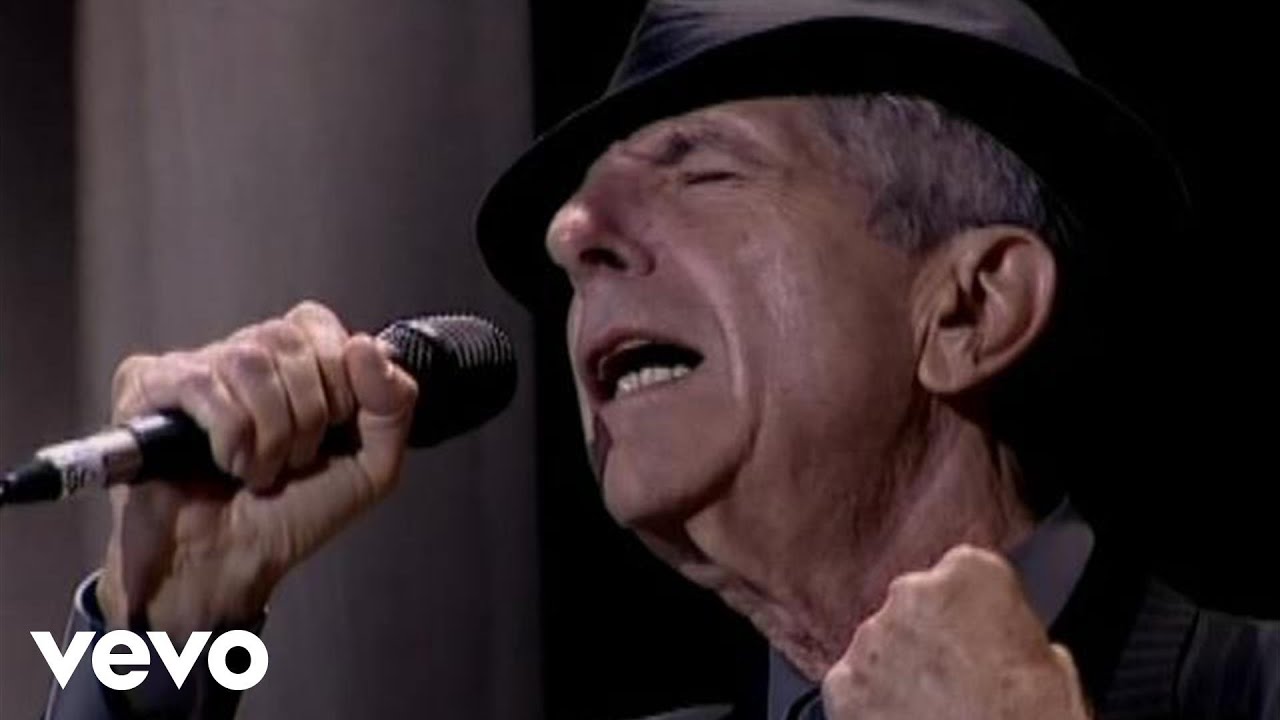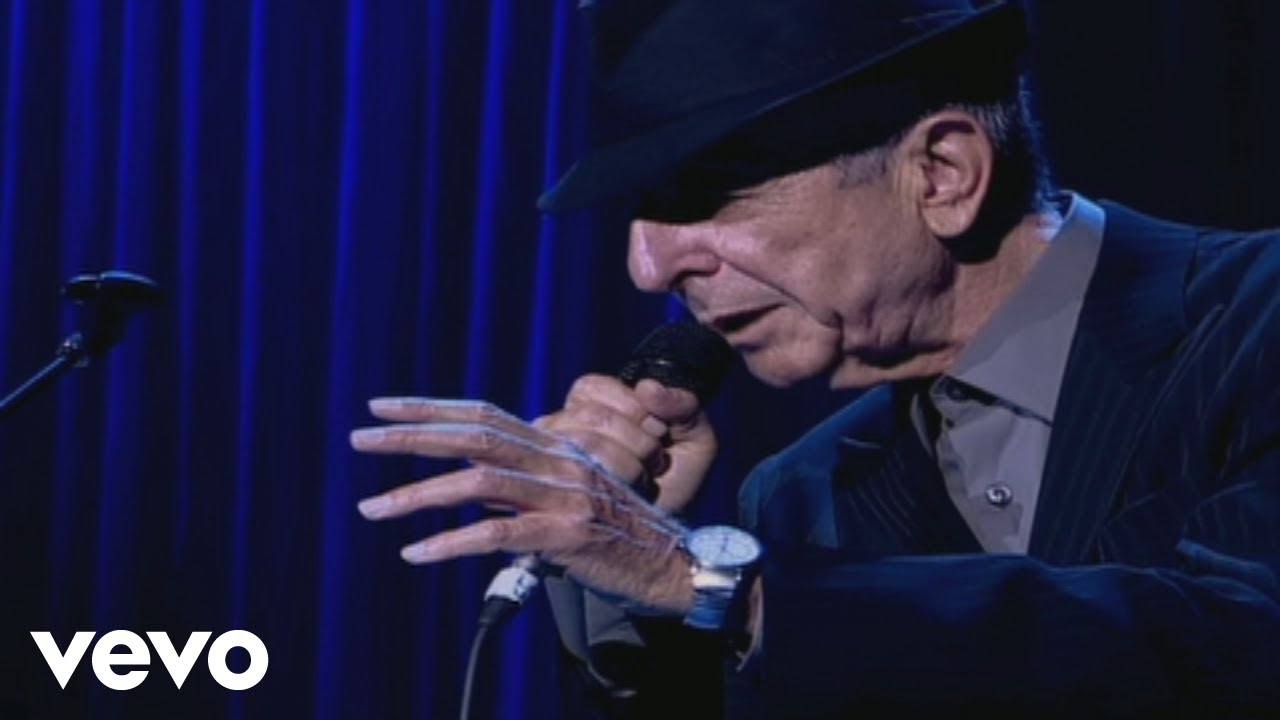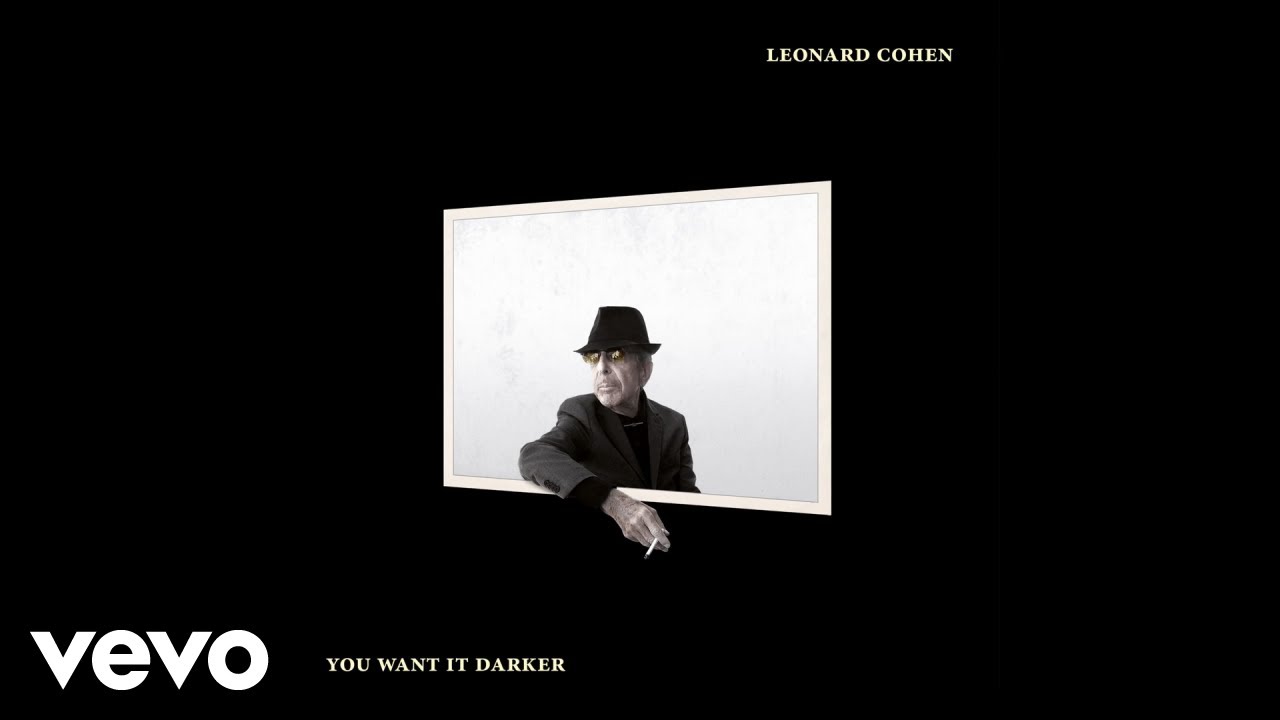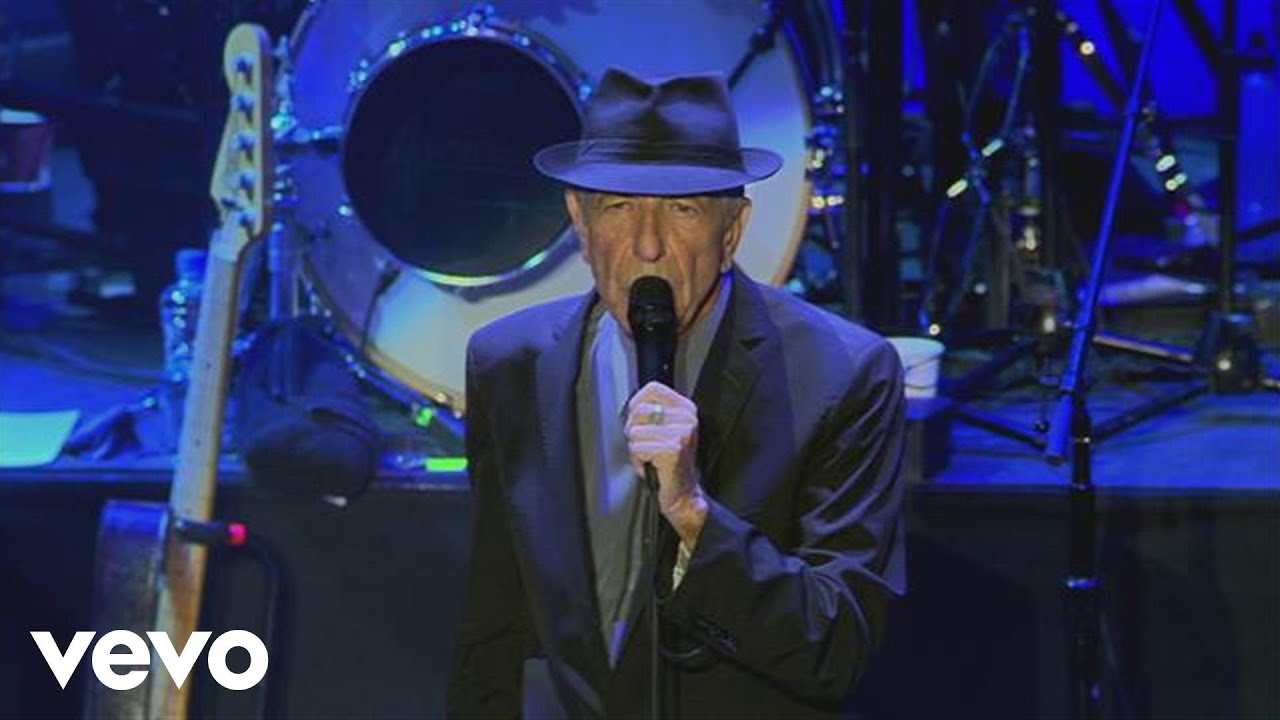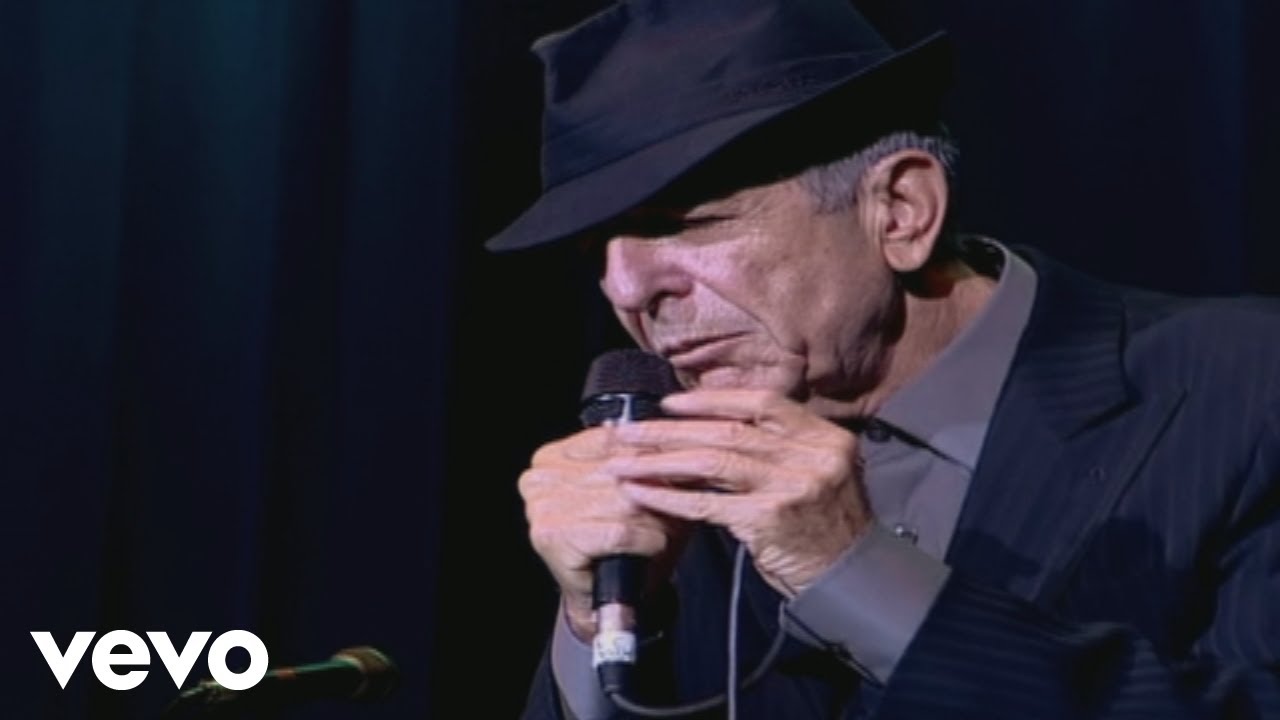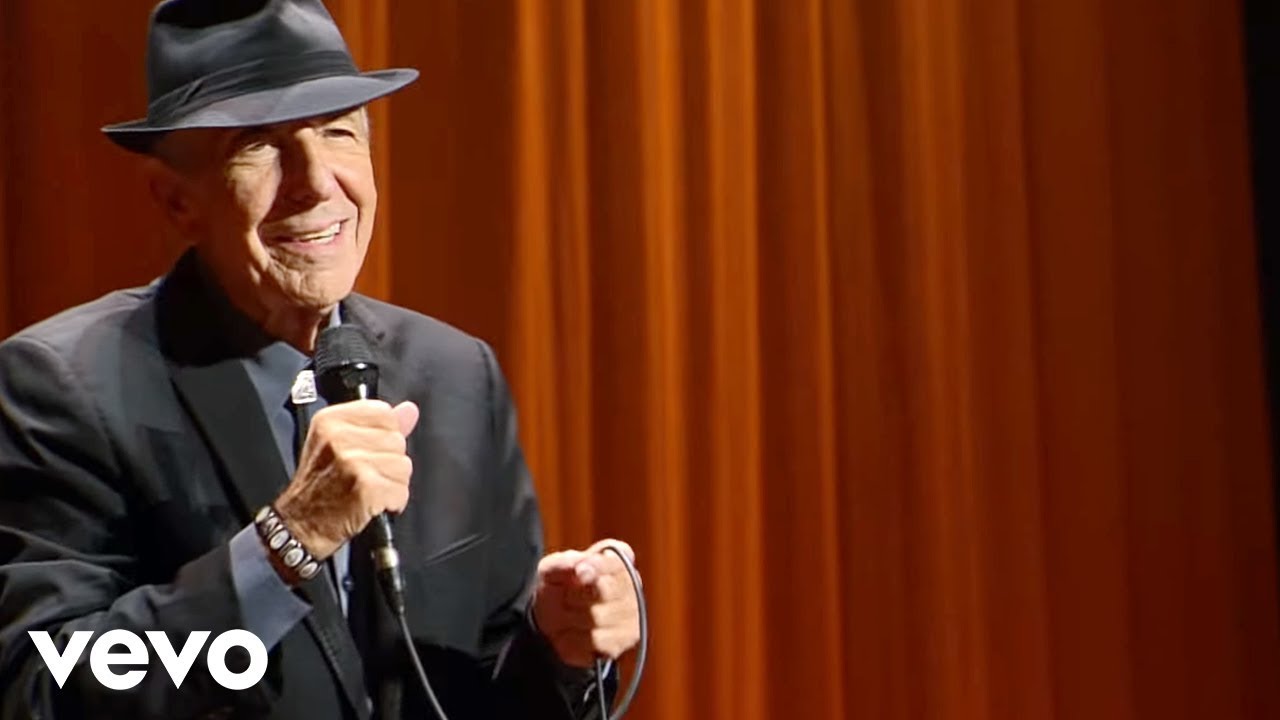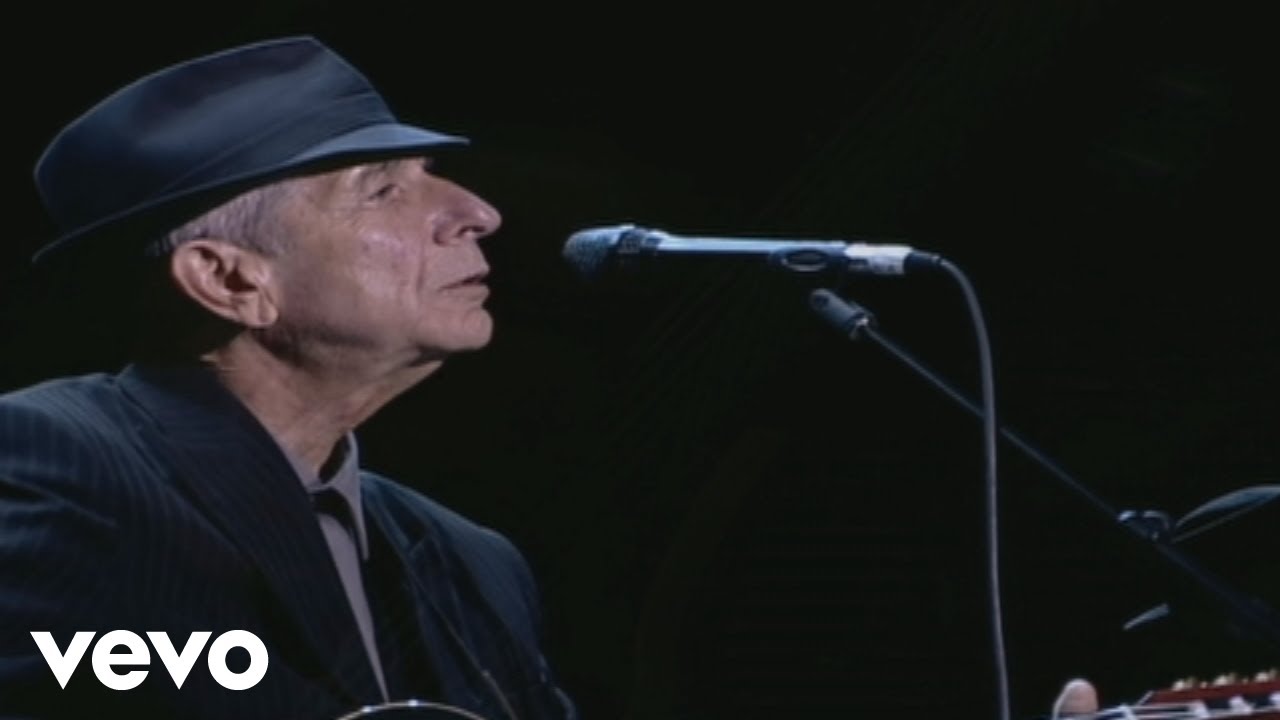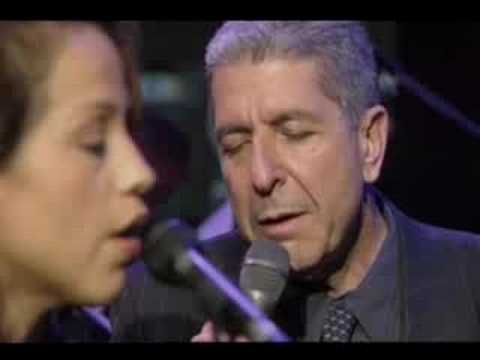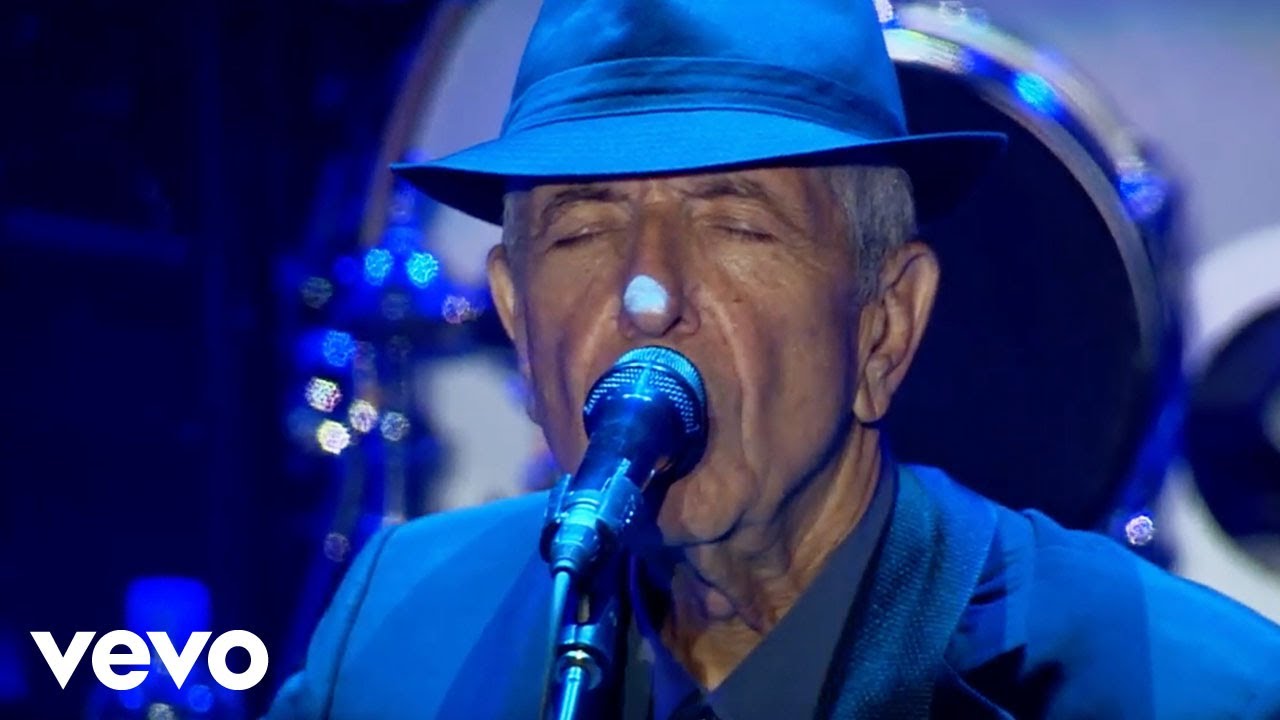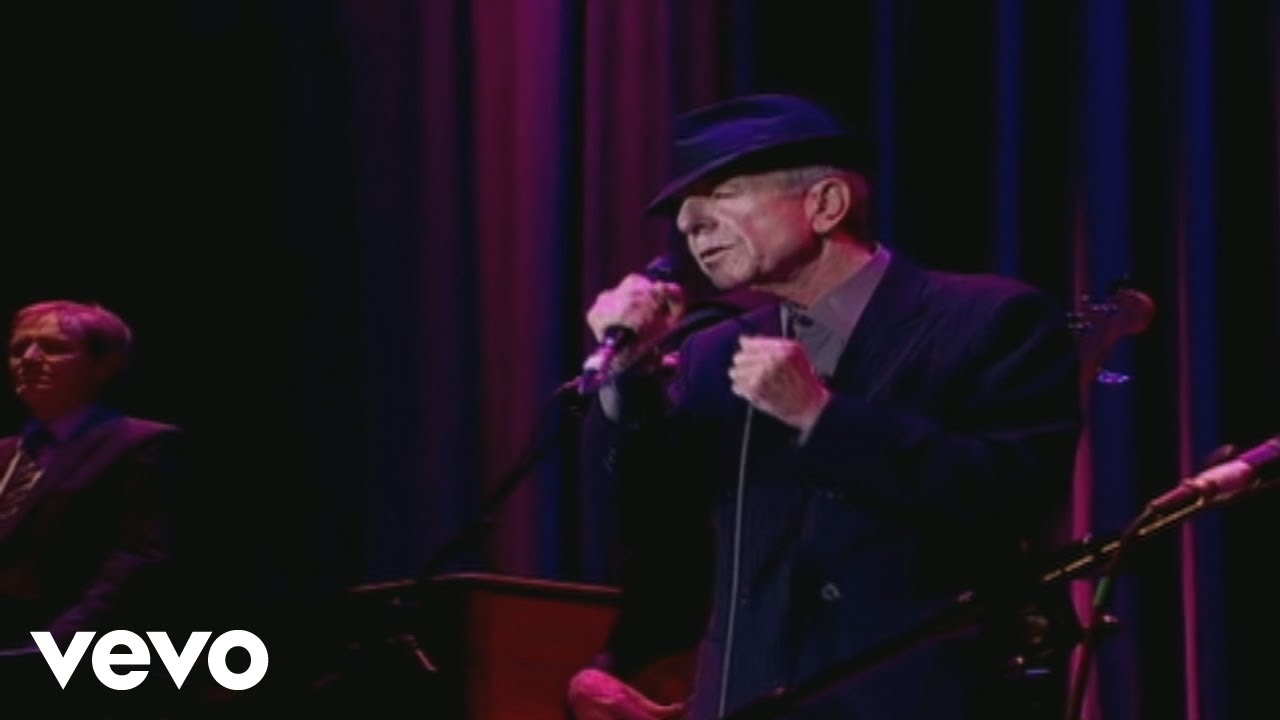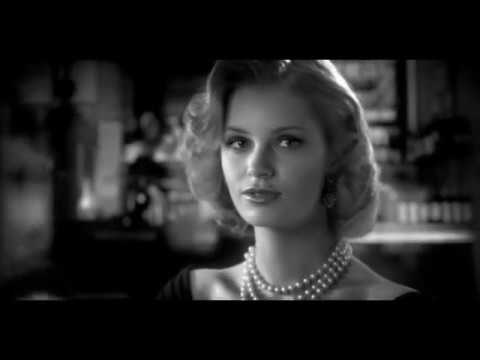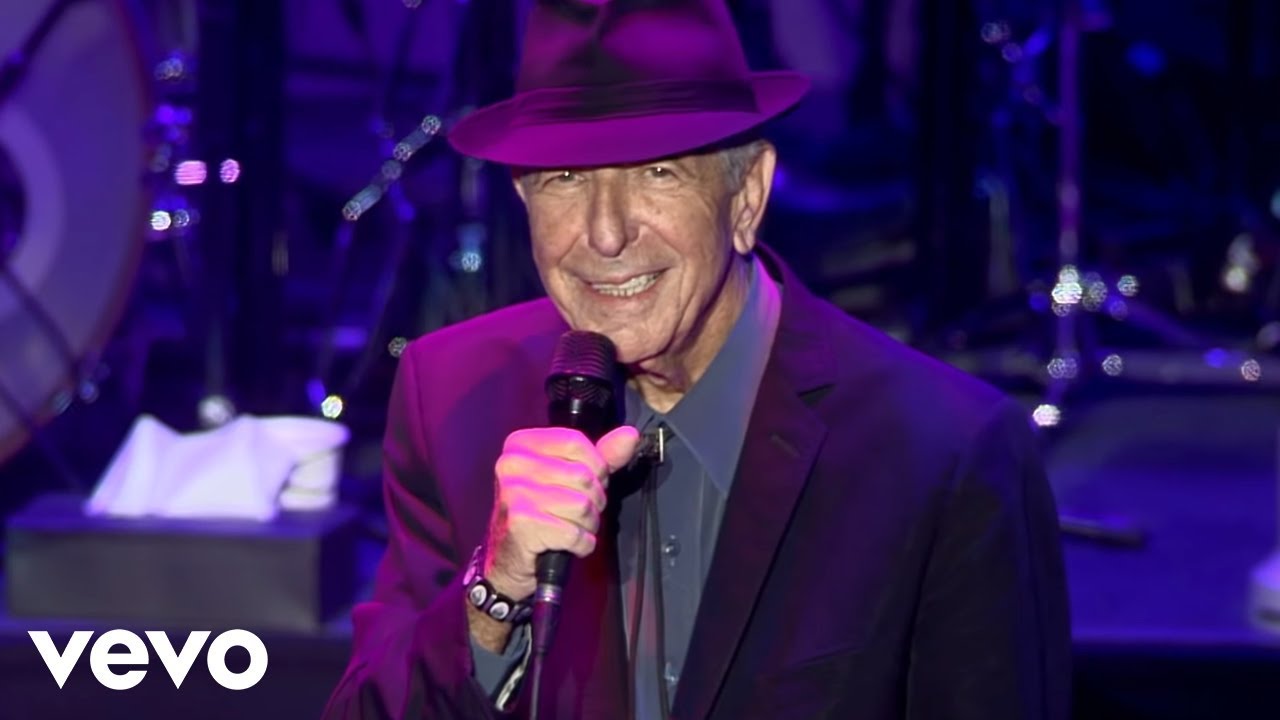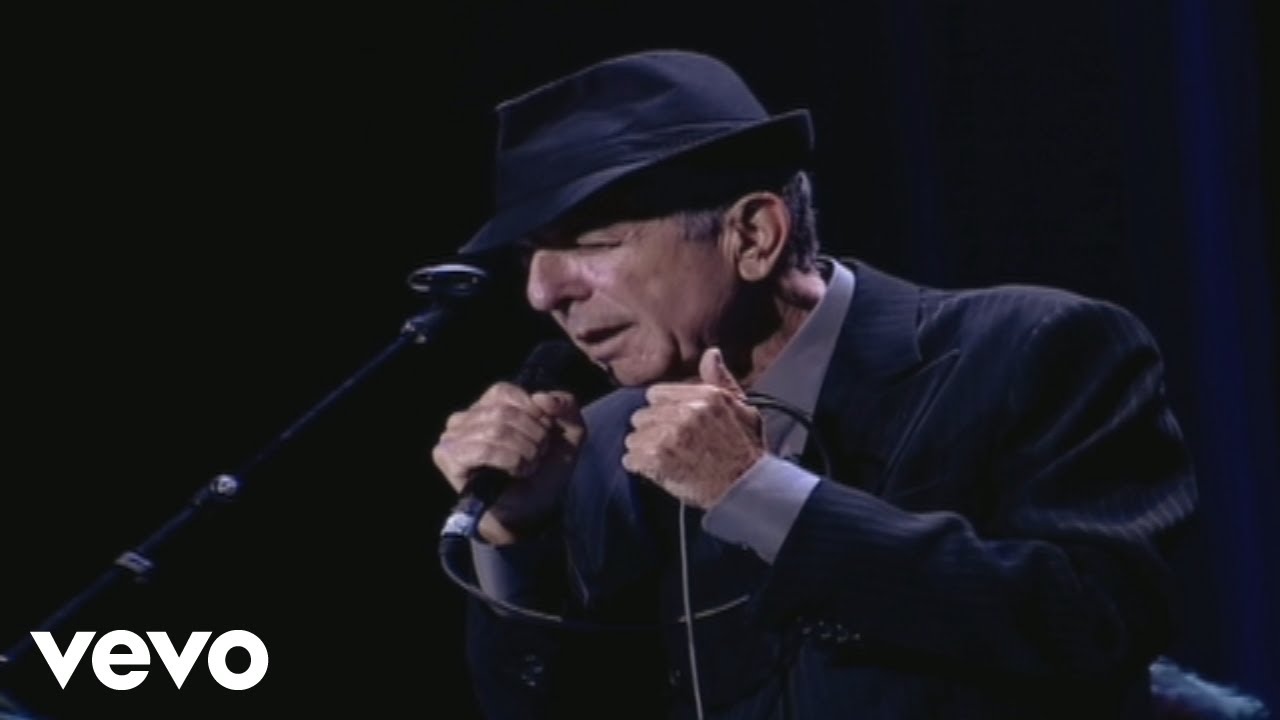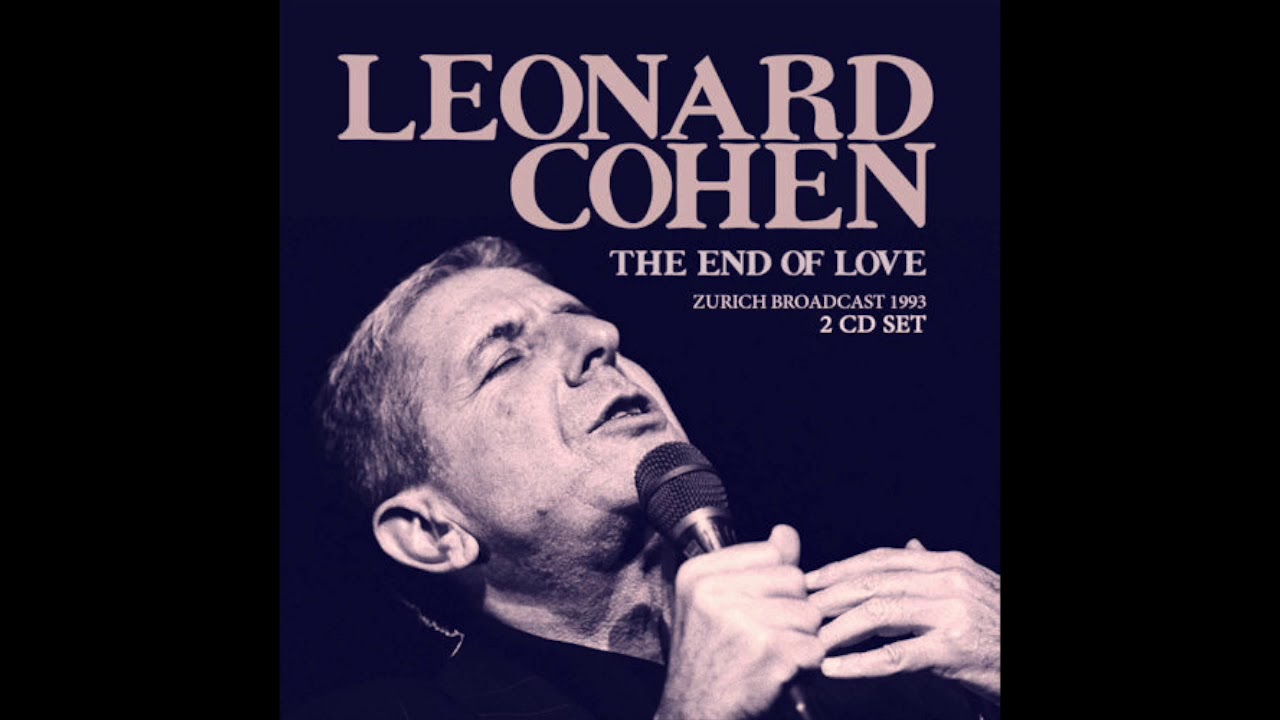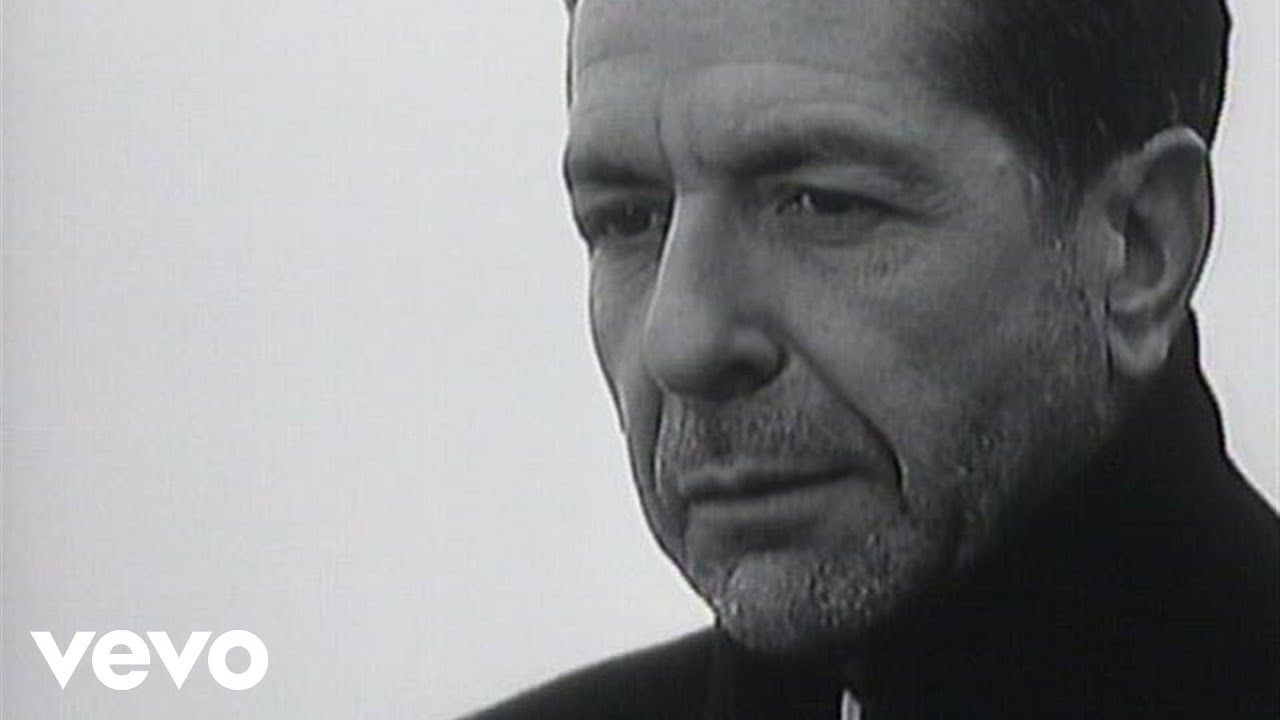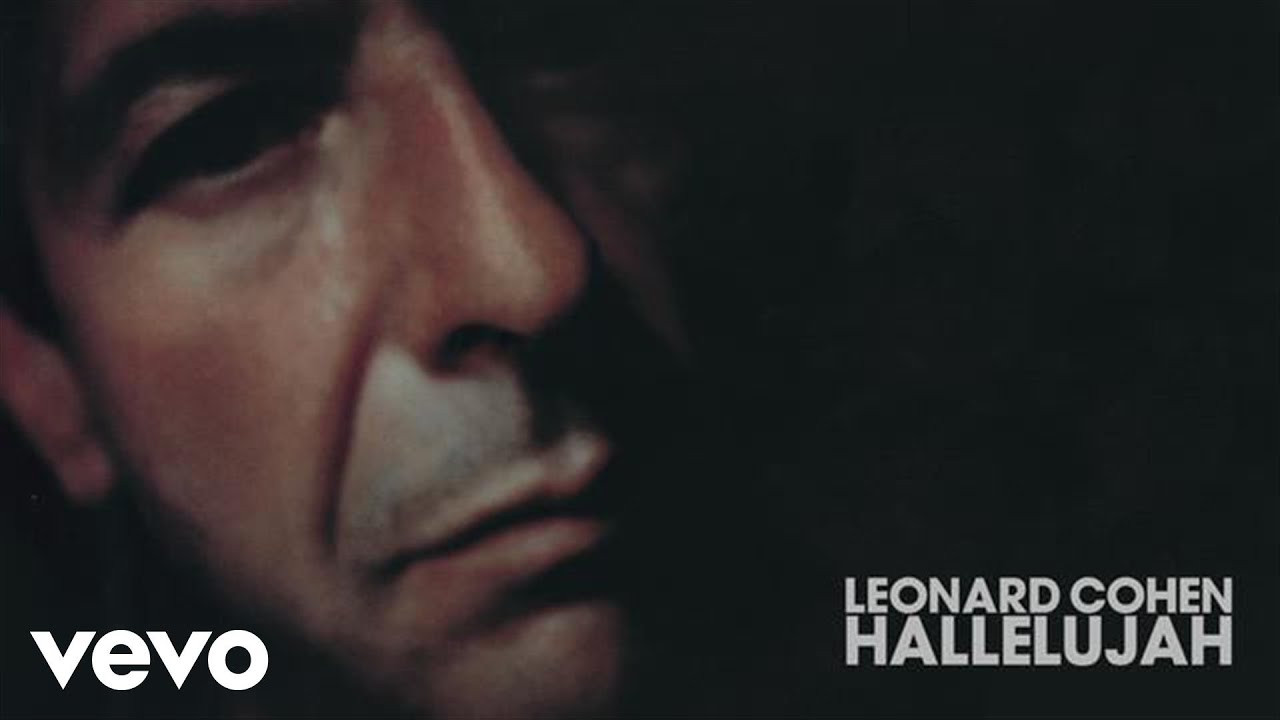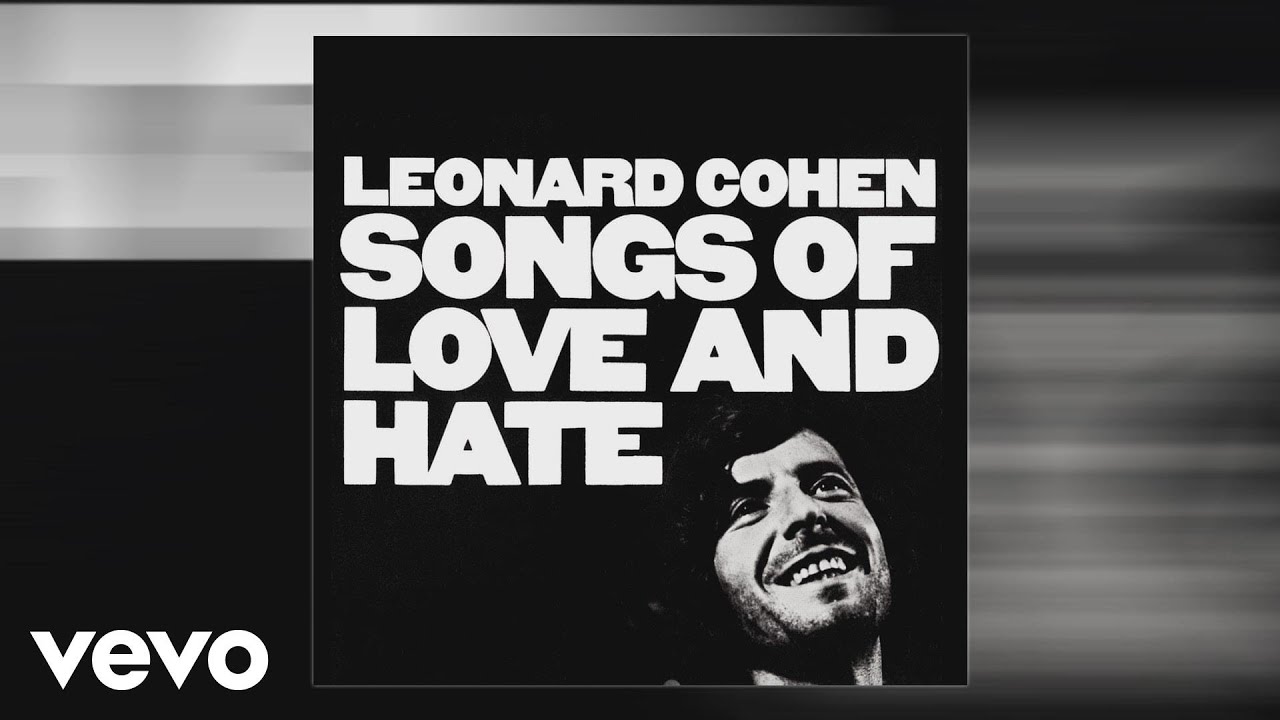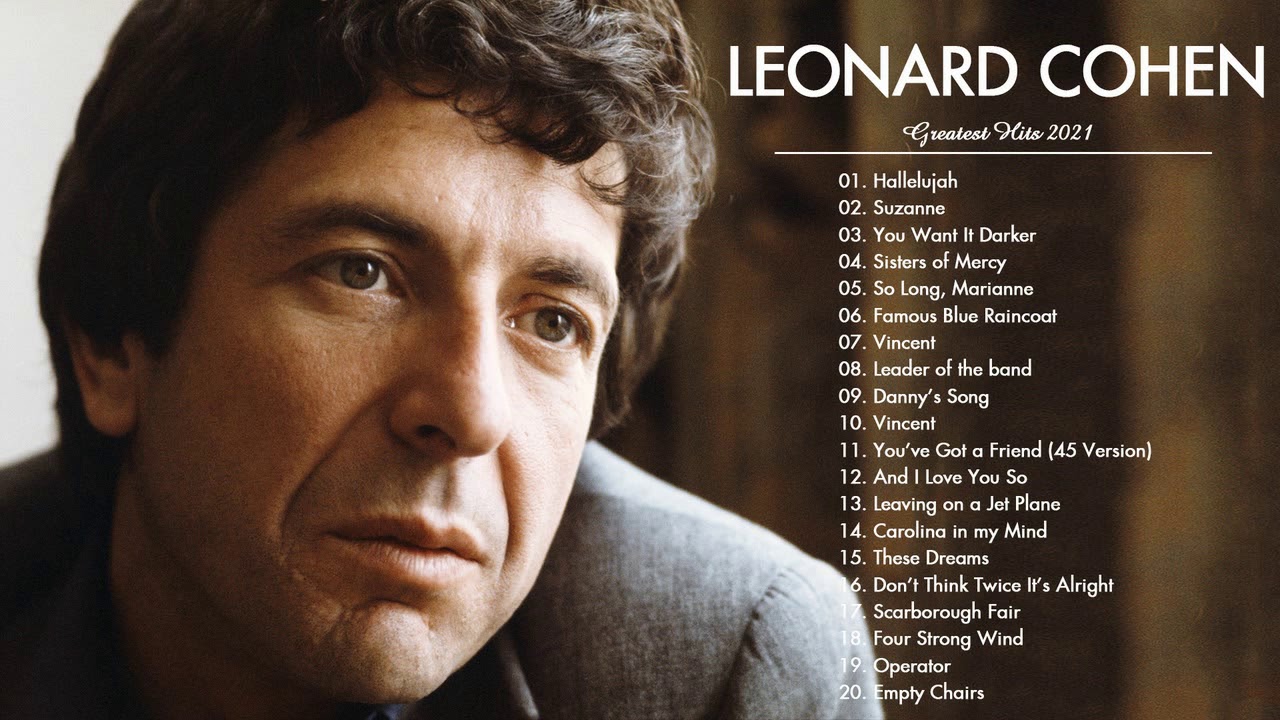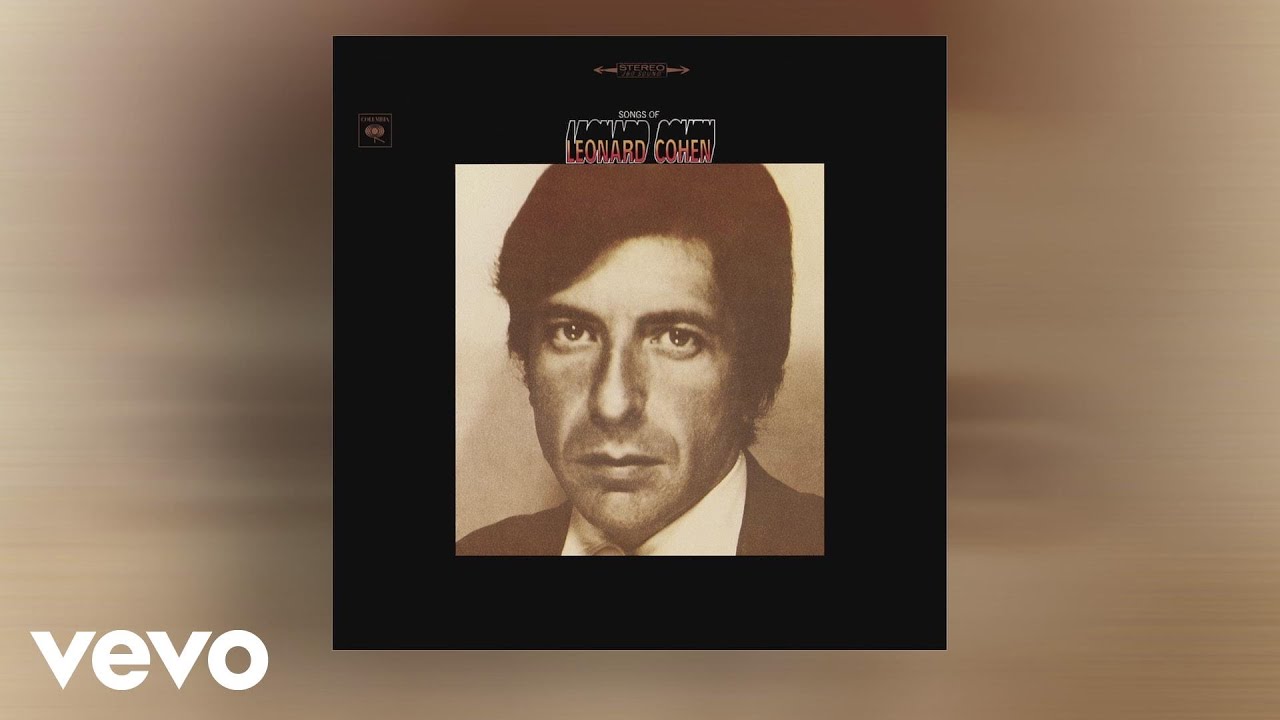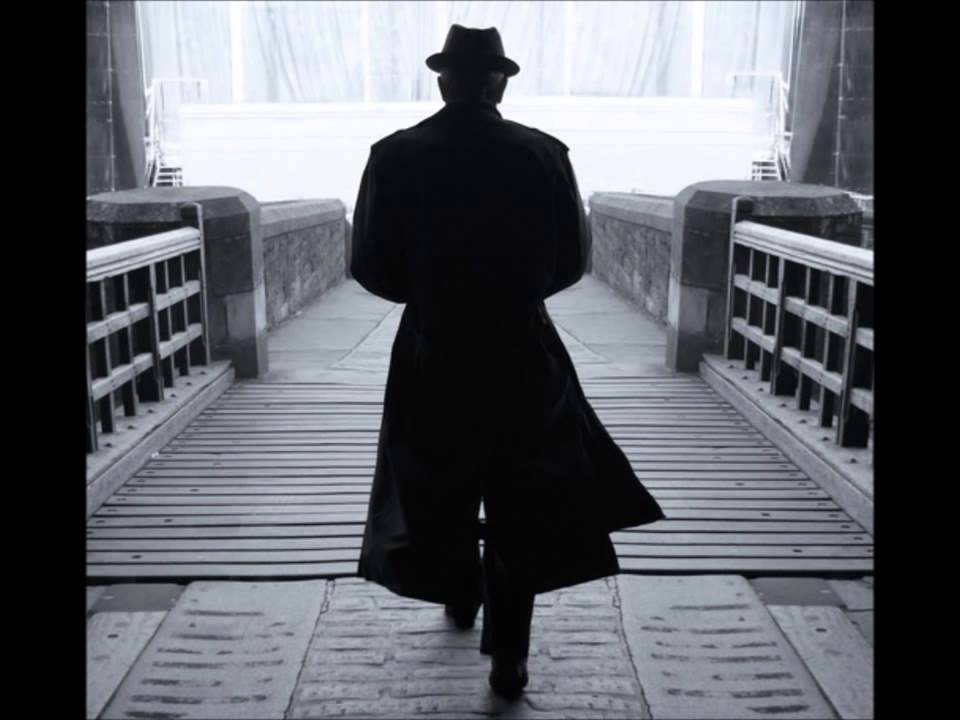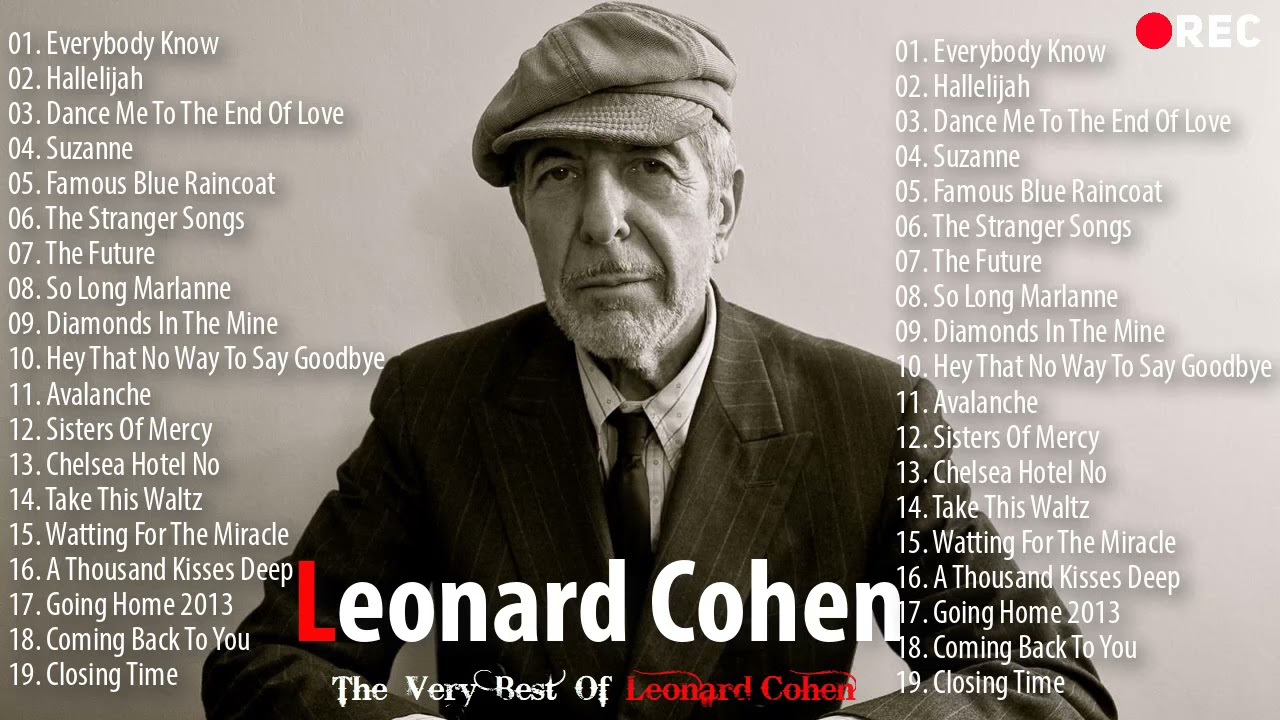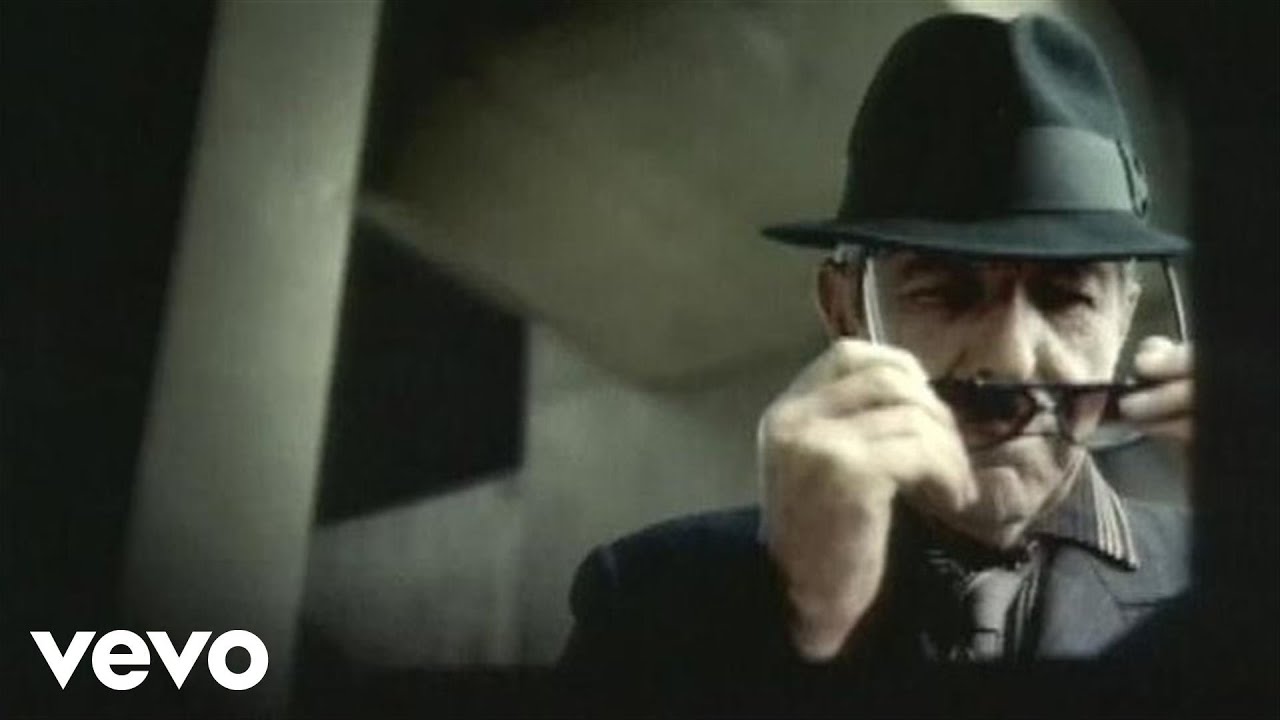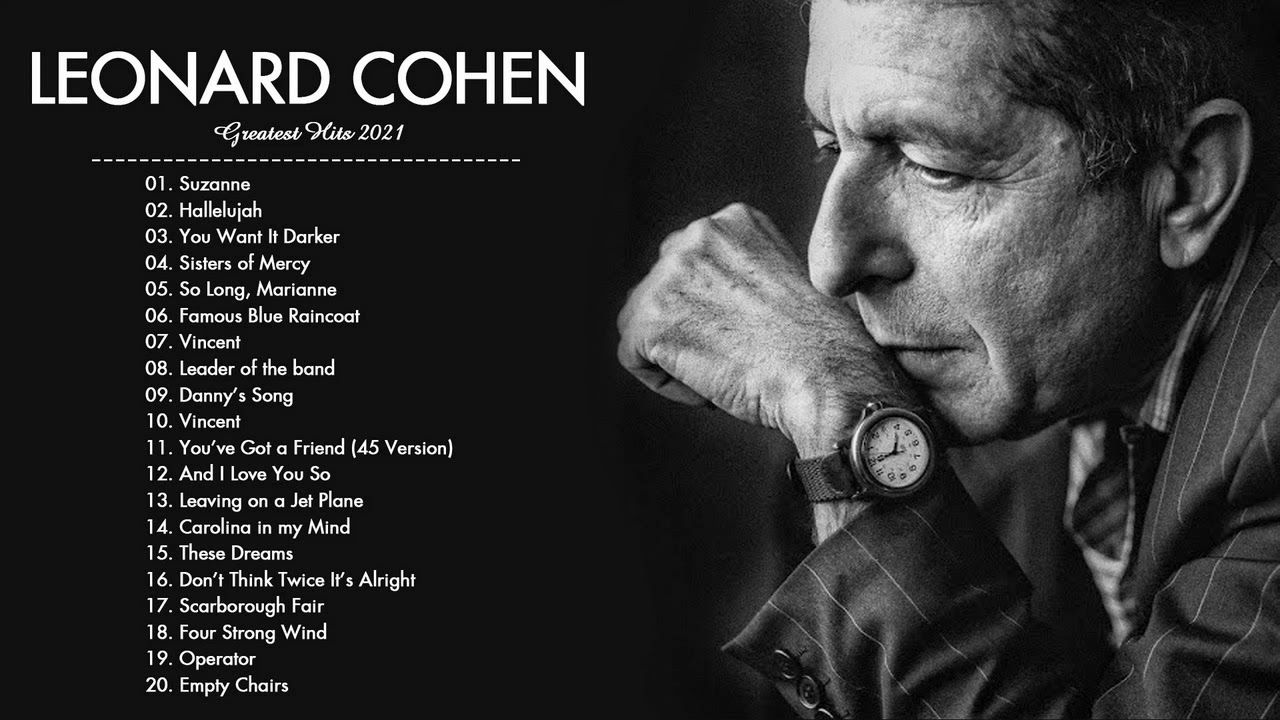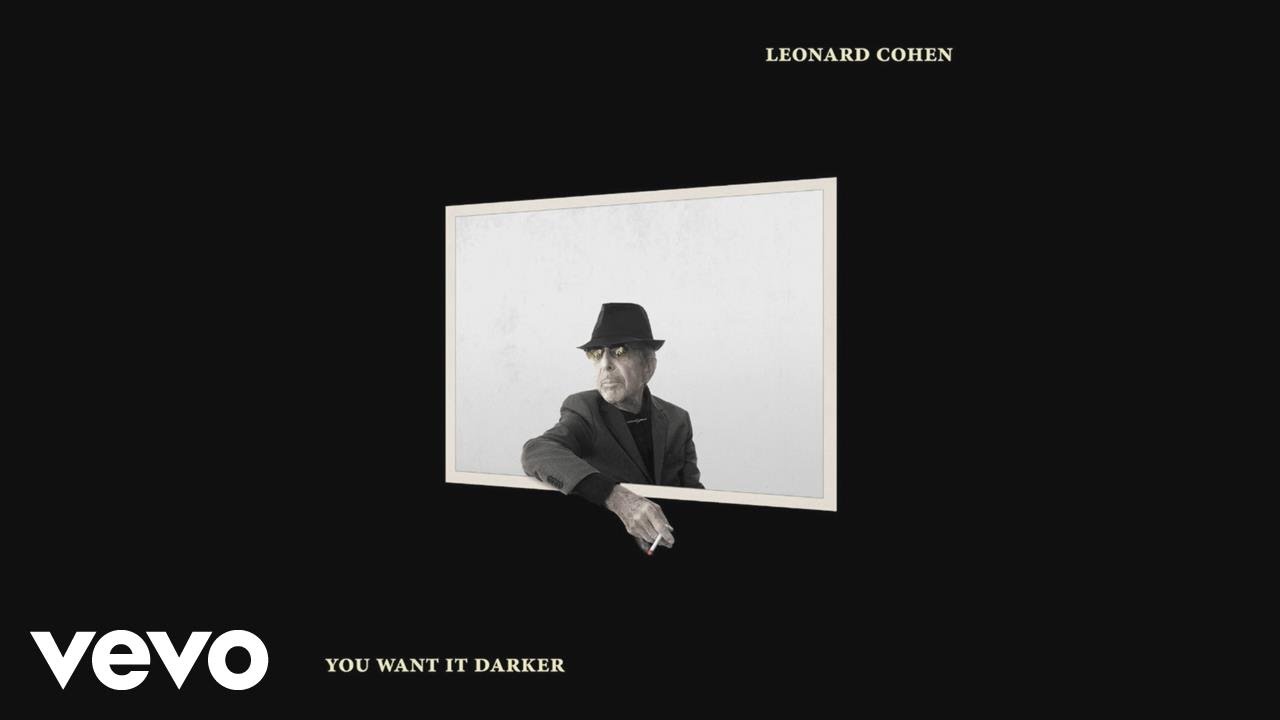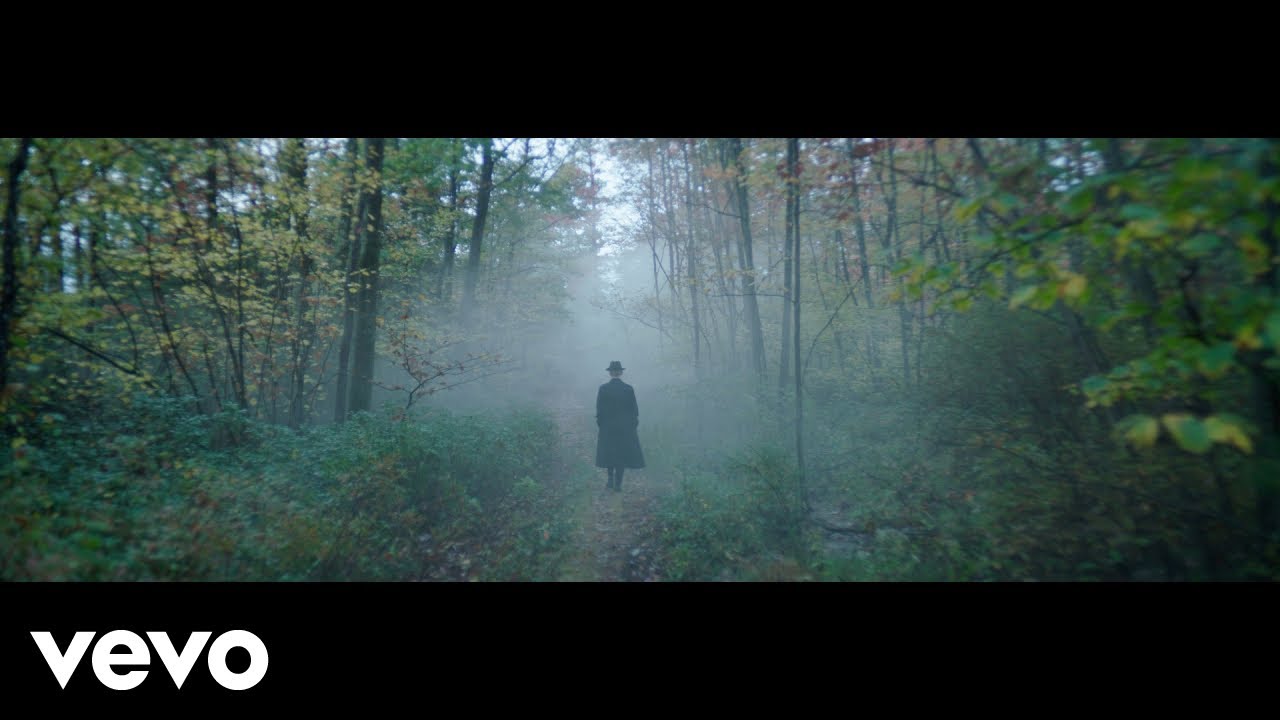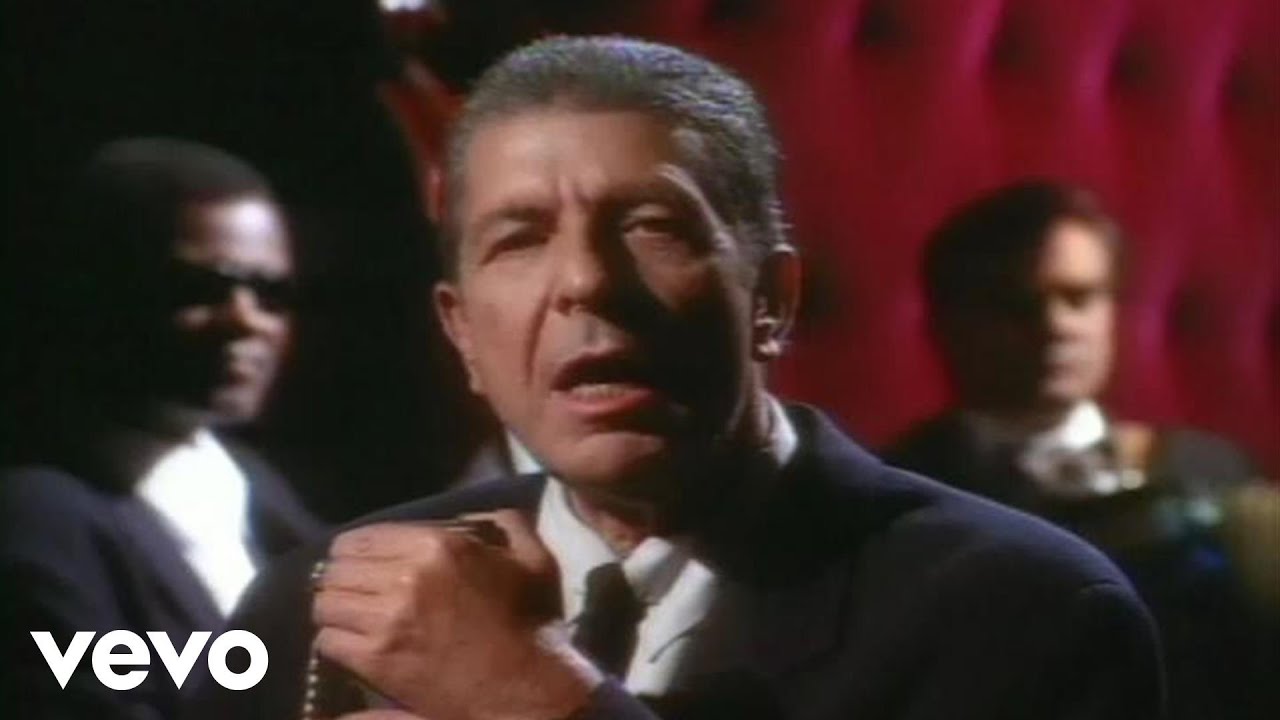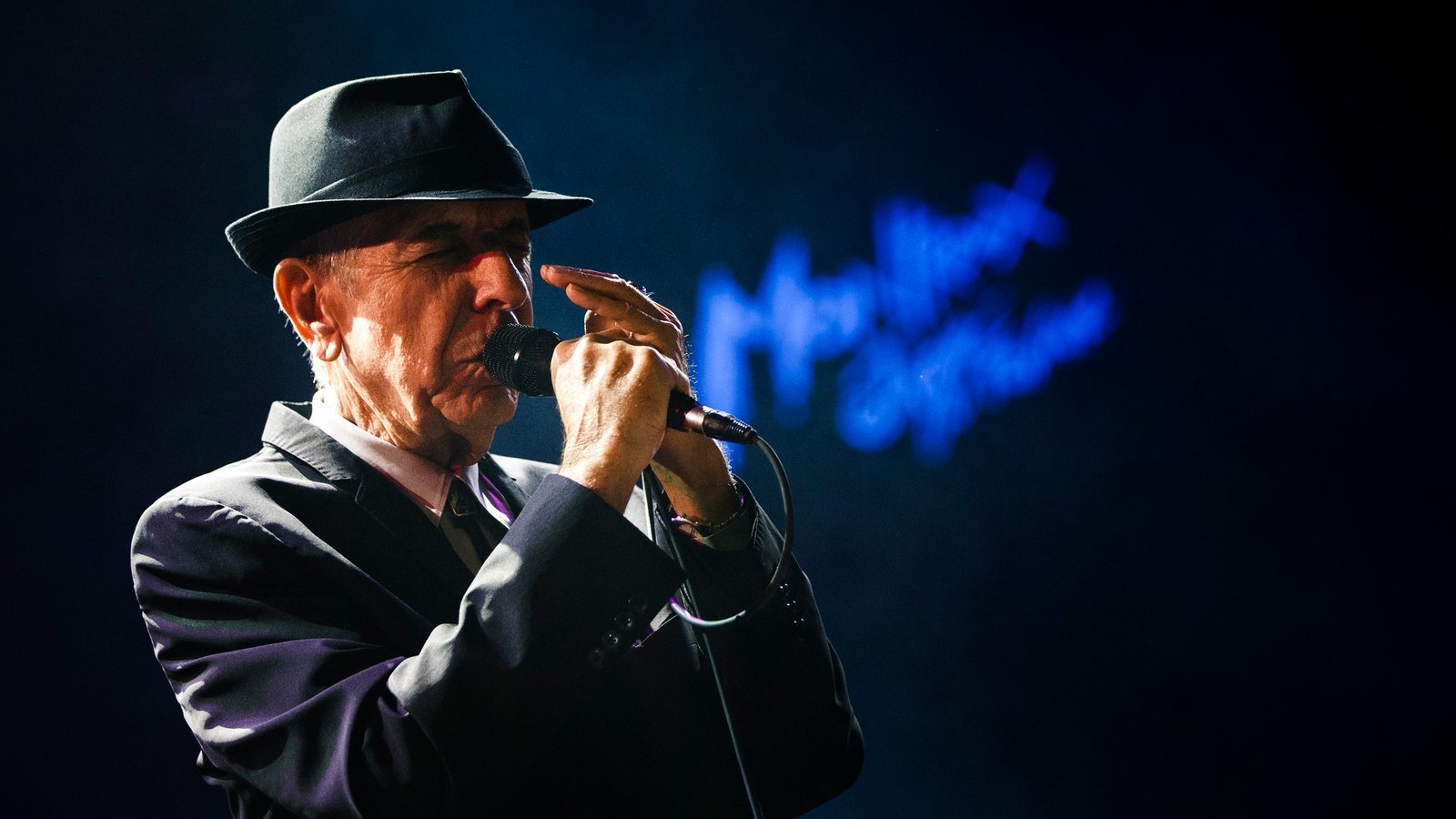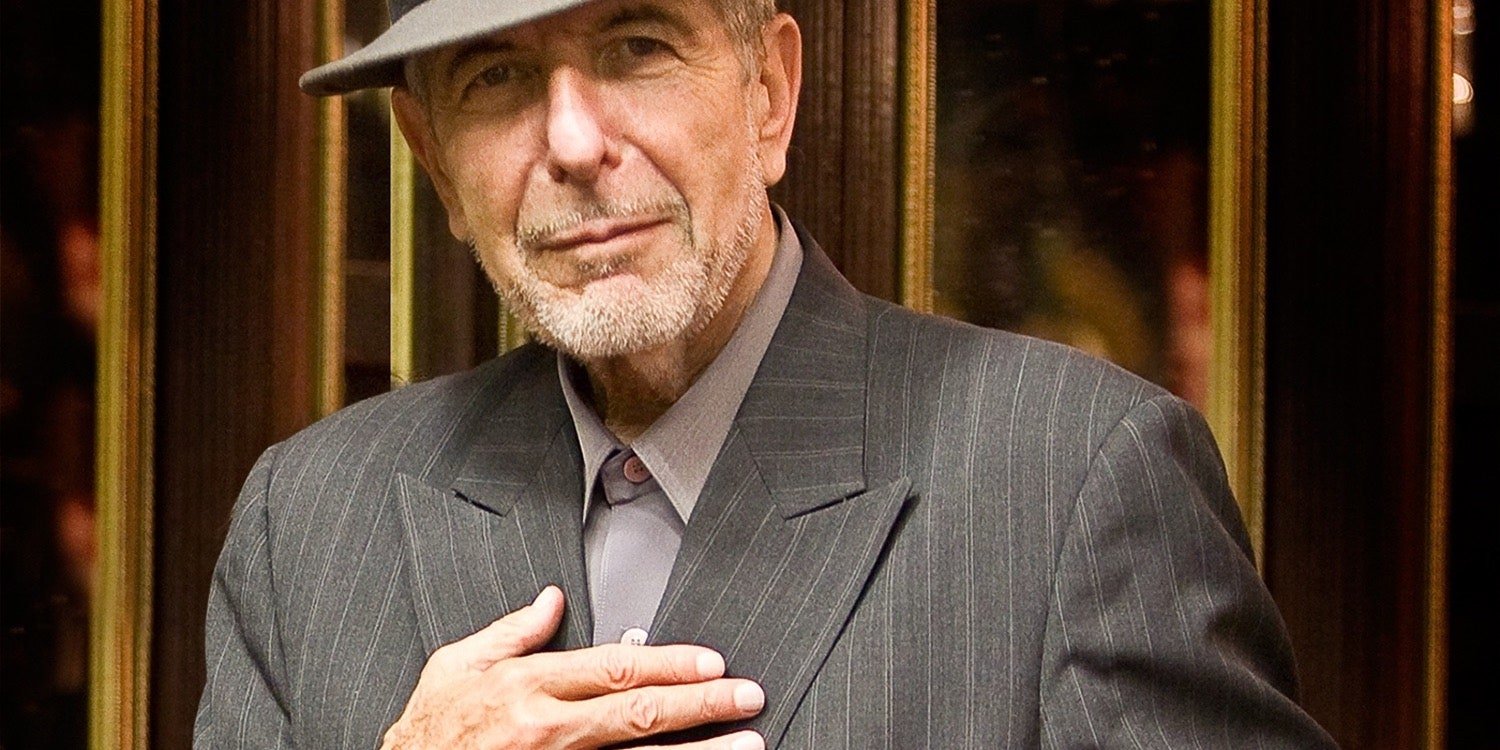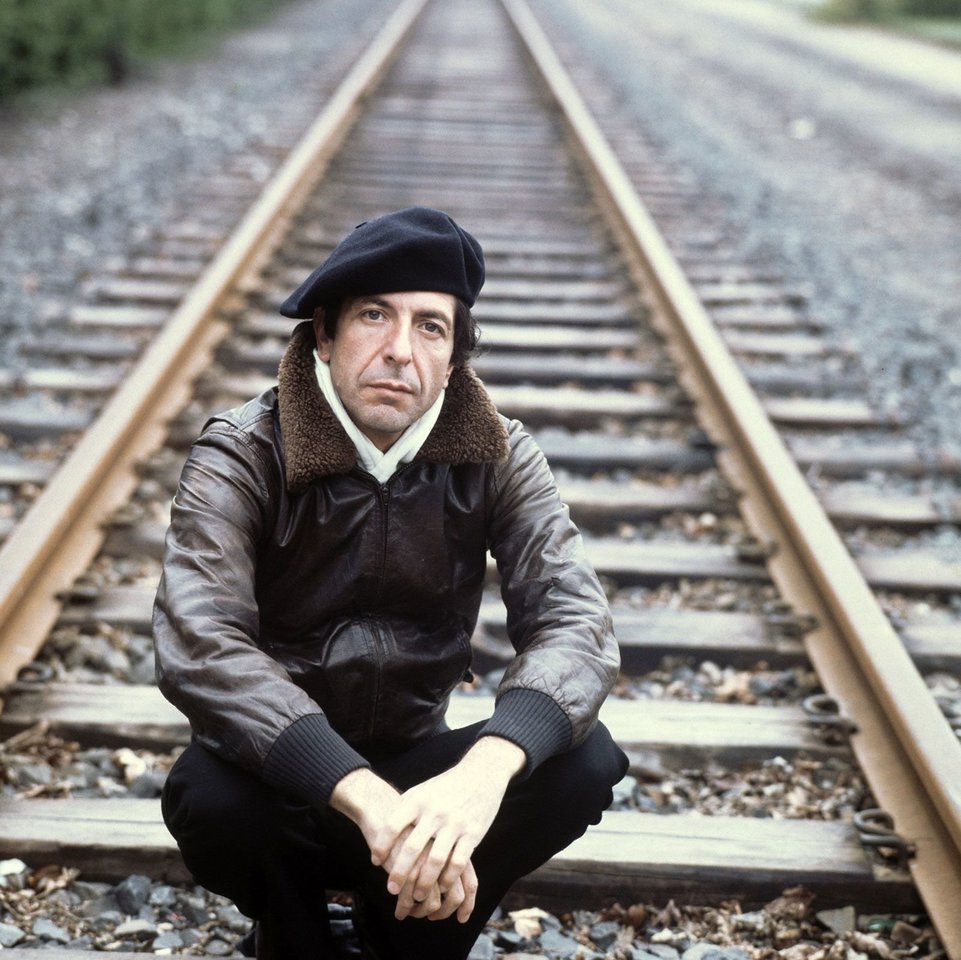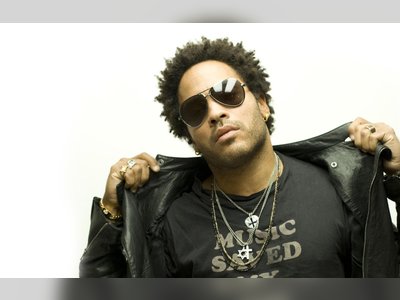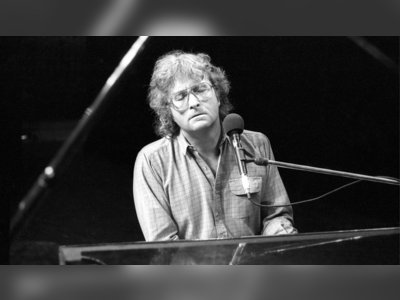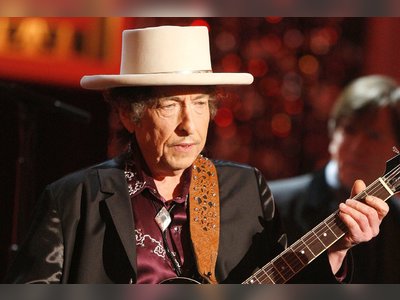Leonard Cohen: The Poet of Emotion and Metaphor
Leonard Norman Cohen, born on September 21, 1934, and passing away on November 7, 2016, was a Canadian singer-songwriter, musician, poet, author, and painter. His work was characterized by powerful emotional expressions, lyrical complexity, and metaphorical depth. His influence reached far and wide in the music world, with many artists covering his songs. Cohen was awarded the Order of Canada (CC) and inducted into the Rock and Roll Hall of Fame.
Childhood and Early Years
Leonard Cohen was born into a Jewish family of Polish and Lithuanian descent in the Montreal, Quebec region of Canada. His full Hebrew name was Eliezer ben Nisan Cohen. He grew up in Westmount, a neighborhood to the northwest of Montreal, and his family belonged to the Shaar Hashomayim congregation.
His father, Nathan, was a clothing store owner and passed away when Leonard was just nine years old. His religious upbringing was overseen by his maternal grandfather, Rabbi Shlomo Zalman Klonitzky. At the age of ten, Cohen formed his first band, "The Buckskin Boys," where they played mainly American folk songs.
In 1951, Cohen began his studies at McGill University, where he started his career in poetry, supported by an inheritance from his father. His first book of poetry, "Let Us Compare Mythologies," was published in 1956. He was mentored in the early stages of his writing by Canadian Jewish poet Irving Layton, one of the most important and innovative poets in Canada, and also by Louis Dudek.
His second book, "The Spice Box of Earth," was published in 1961 and brought him considerable recognition among poetry enthusiasts in Canada. After completing his degree at McGill, Cohen spent a semester at law school at the same institution and another year at Columbia University in New York. He continued writing books even after moving to the Greek island of Hydra.
He published a collection of poems titled "Flowers for Hitler" in 1964 and his first two novels, "The Favourite Game" (1963) and "Beautiful Losers" (1966), which delved into the life of Kateri Tekakwitha. Both novels were later translated into Hebrew by Asterlog.
The 1960s and 1970s
In 1967, Cohen moved to the United States with the goal of becoming a singer and songwriter. His song "Suzanne" became a hit, and after performing at several folk festivals, he was discovered by talent scout John Hammond at Columbia Records. Hammond also discovered Bob Dylan and Bruce Springsteen, among others.
Cohen's first album, "Songs of Leonard Cohen," was released in 1967. Although it didn't achieve great commercial success in the United States due to its weighty and melancholic themes, it received critical acclaim from folk music enthusiasts. In Europe, the album found success and remained on the English charts for nearly a year. This pattern of success would continue to define much of his musical career.
His second album, "Songs from a Room," released in 1969, brought him more recognition. It included some of his most famous songs, such as "Bird on the Wire," which has been covered in over 80 versions. Cohen went on to release two more albums: "Songs of Love and Hate" in 1971, featuring the well-known song "Famous Blue Raincoat," and "Live Songs" in 1973, a live album.
In the late 1960s and early 1970s, Cohen embarked on a worldwide tour, covering North America and Europe. In 1972, he toured Europe, and his final performance on this tour took place in Jerusalem. This performance, along with the audience's participation, deeply moved Cohen and his band. This tour was documented and turned into a film broadcast on YES Docu.
Cohen's strong connection to Judaism and Israel led him to visit Israel during the 1973 Yom Kippur War and perform for Israeli soldiers stationed in the Sinai Peninsula. Upon returning to the studio in 1974, he released the album "New Skin for the Old Ceremony," influenced by his experiences during the war. This influence is evident in songs like "Who by Fire," based on a section from "Unetanneh Tokef," one of the Yom Kippur prayers, and in songs like "There Is a War" and "Lover Lover Lover" (written during the tour with his friend and collaborator, Matti Caspi).
One of the most famous songs from this album is "Chelsea Hotel #2," written in the aftermath of the death of singer Janis Joplin, whom Cohen met at the Chelsea Hotel, a famous meeting place for artists during that time. The song describes their casual and unimportant sexual encounter, reflecting the detached nature of love among famous artists.
In 1977, Cohen released the album "Death of a Ladies' Man," produced by Phil Spector, but it received mixed reviews due to its departure from Cohen's minimalist style. Disagreements arose between Cohen and Spector during the album's recording, leading to Cohen's withdrawal from the studio under security escort before the album's completion.
Spector, without Cohen's consultation, edited the songs. Cohen later described the result as "grotesque, but also half a genius." Bob Dylan and Allen Ginsberg provided background vocals for this album.
Cohen returned to his familiar style in 1979 with the album "Recent Songs," in which he was more involved in production. The album featured a variety of musical instruments, including oud, mandolin, and Greek violin. In 2001, Cohen released a live version of this album recorded during his 2001 tour.
The 1980s and 1990s
In 1984, Cohen released the album "Various Positions," which included the song "Hallelujah," later covered by numerous artists. Columbia Records initially refused to release this album in the United States due to Cohen's limited popularity there. "Famous Blue Raincoat," an album released by Jennifer Warnes in 1987, featured Cohen's songs and significantly boosted his popularity.
A year later, Cohen released "I'm Your Man," his most successful album since his debut, featuring the hit song "First We Take Manhattan." This album marked a turning point in his musical career, with increased use of synthesizers and socially critical lyrics.
In the movie "Pump Up the Volume" (1990), the song "Everybody Knows" from this album gained popularity among younger audiences.
In 1992, Cohen released "The Future," an album with prophetic and socially critical lyrics calling for change before the arrival of dark prophecies. Three songs from this album appeared in the successful film "Natural Born Killers."
Despite the success of his recent albums, in 1994, Cohen decided to retire from the music world and lived in the Zen Buddhist monastery near Los Angeles, California, for five years. In 1996, he was even ordained as a Zen monk, taking the Dharma name Jikan, which means "silence" in Japanese. Cohen lived in the monastery for five years before leaving in 1999, citing various reasons for his departure, including feeling like a "useless monk."
In 2001, Cohen made a comeback with the album "Ten New Songs." This album was notably melancholic, even by Cohen's standards. In October 2004, he released an album called "Dear Heather" to celebrate his 70th birthday, collaborating with jazz singer Anjani Thomas. In 2006, Thomas released an album written in collaboration with Cohen.
Leonard Cohen's enduring legacy lies in his ability to craft emotionally charged, metaphorical, and thought-provoking songs that continue to resonate with audiences around the world. His unique blend of poetry and music made him one of the most influential artists of his generation, leaving an indelible mark on the world of music and literature.
- לאונרד כהןhe.wikipedia.org
